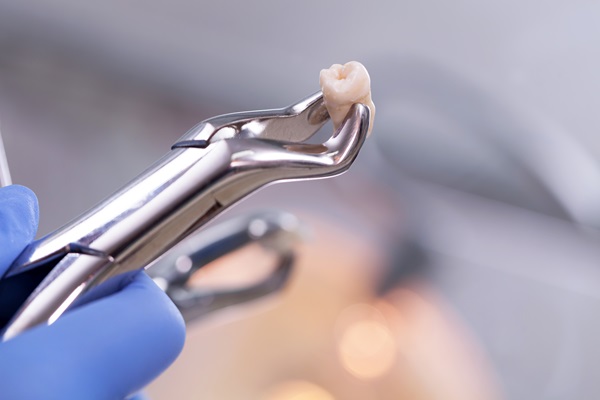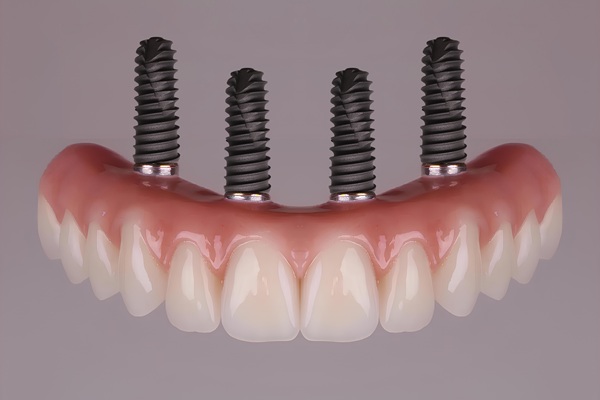Why You Should Rest after a Tooth Extraction
Undergoing a can be stressful. Dentists do everything they can to save natural teeth, but sometimes, removing the tooth is the way to restore oral health and prevent complications. After the procedure, the dentist will provide instructions regarding aftercare to ensure quick and proper healing.
The importance of rest after tooth extraction
After tooth extraction, patients do not exactly need to be bedridden, but what they want to avoid is overexerting the extraction area. It is important to take it easy, especially in the first 24 hours. This means avoiding any unnecessary bending and stooping and staying off exercises.
Whenever possible, the head should be held in an upright position, including when sleeping as this helps to aid quick recovery. The more intensive the procedure is, the longer the resting period should be. Resting gives the body a chance to heal properly, so patients must take advantage of that.
The dentist will send the patient home after tooth extraction with gauze to cover the surgery site. They will need to bite on the gauze and hold it in place until a clot form in the area for healing. The gauze will need to replaced every three to four hours until the bleeding stops.
Any strenuous activity or exercise might break the clot and open the wound again. Although exercising is good for the body and the health, it is necessary to take a break from that routine during the healing process. Resuming exercising prematurely can increase pain and bleeding. It may have a reverse consequence and disrupt healing. It may cause dry sock, a condition in which the blood clot dislodges, exposing the nerves and bone to bacteria and food particles, causing an infection.
Begin slowly
After a full day of rest, patients can resume with low impact activities. Stretching, yoga or lifting light weights are good ways to start. If pressure or pain occurs, it is advisable to stop quickly. Pain is the body’s way of showing that healing is not complete yet. Avoid pushing too hard. After about five days, patients can lift heavier weights, but they must avoid clenching their teeth.
Tips for a Quick Recovery
After the blood clot has formed, the following simple precautions can help keep it intact and prevent other issues during the healing process:
- Rinse the mouth with saline solutions or a pinch of salt in warm water to eliminate bacteria
- Brush and floss regularly to keep the mouth clean, but avoid cleaning close to the extraction point
- Stick to a diet of soft, healthy foods and snacks that do not need serious chewing. substitute hard and crunchy foods with soft foods like soups, mashed potatoes and yogurts
In conclusion
After about two weeks, patients need usually need to revisit the dentist for a checkup. At the appointment, they will check the tooth extraction area to ensure healing is progressing correctly. Healing is different for each patient, so be sure to follow the recommendations of the dental professional. Rest adequately and treat the mouth gently.
Request an appointment here: https://www.leixdental.com or call Leix Dental at (815) 604-6104 for an appointment in our Lakewood office.
Check out what others are saying about our dental services on Yelp: .
Recent Posts
Understanding that tooth extraction is the last option for removing one or more permanent teeth is important. Teeth are meant to last a lifetime and thus need to be saved whenever possible. In addition, wisdom teeth often require extraction to support a healthy mouth. The only way to know if a tooth extraction is necessary…
A wisdom tooth extraction is necessary if the wisdom teeth are causing problems with the patient’s oral health, function or the ability to correct their teeth alignment. Some dentists may recommend wisdom tooth extraction as a precautionary treatment to ensure that the wisdom teeth do not cause issues in the future.The most notable times when…
Suffering from a missing tooth? As uncommon as it may sound, a lot of people actually experience tooth loss at one point or another, whether it be a result of decay, accident or injury. Thankfully, there are a good amount of replacement options that dentists can present to patients. For the longest time, dentures were…
A toothache is often the first sign that you need to visit the emergency dentist. If the toothache persists for more than a few days, you could be dealing with an infected tooth or worse. Without treatment, the situation may worsen and cause eventual tooth loss. The dentist will examine the tooth to learn the…


